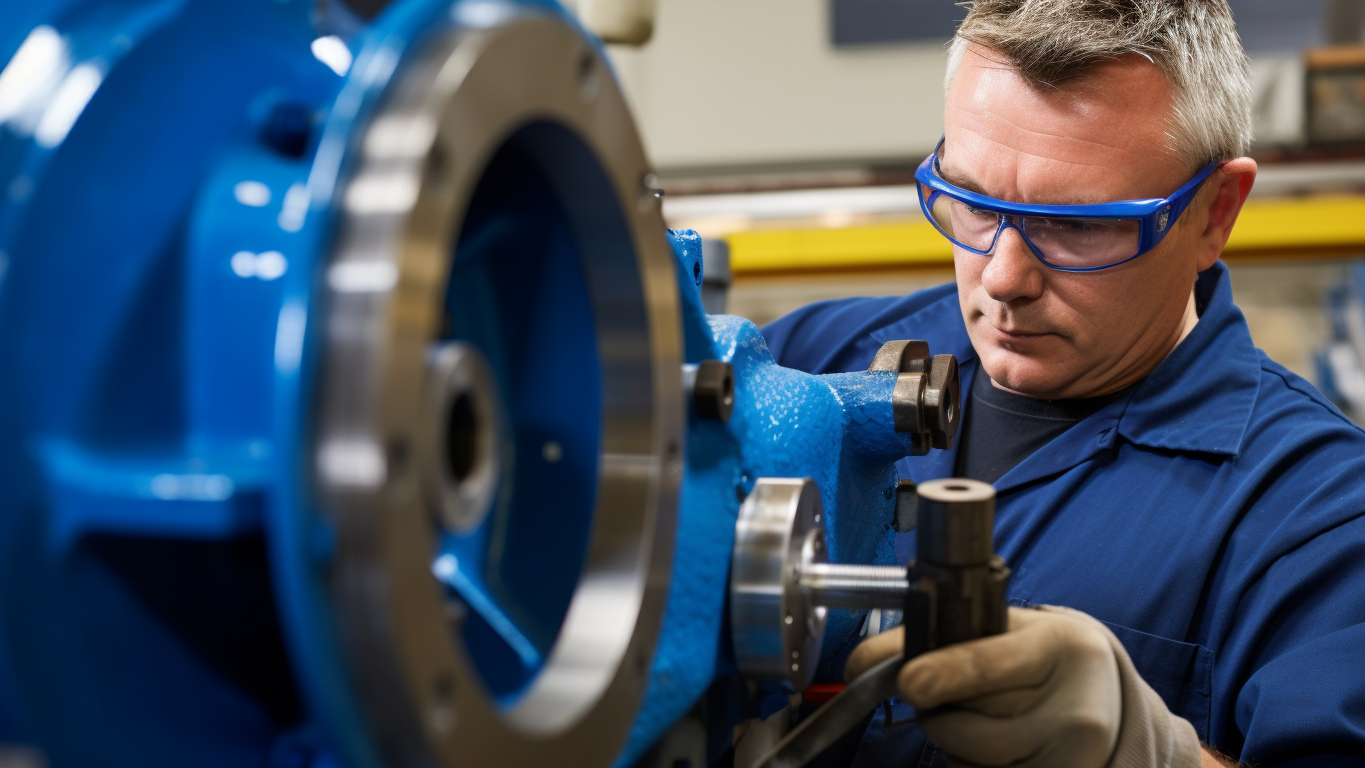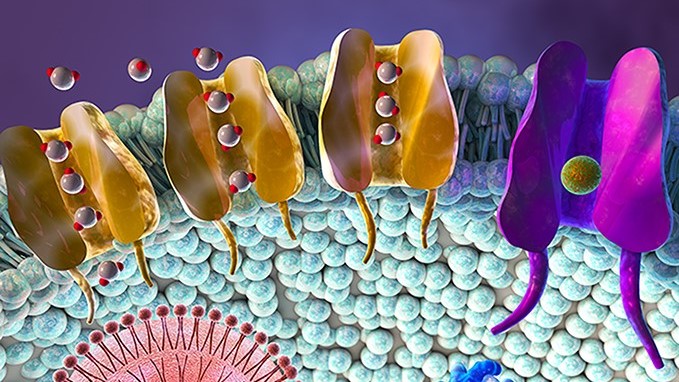
It is well understood that in the water sector, pump failures can lead to significant reputational damage, costly repairs and in some cases financial penalties. Regular pump system maintenance is therefore essential.
Thomas Marks, General Manager at the Association for Electrical and Mechanical Trades (AEMT) looks at several issues that poor pump maintenance can lead to and outlines some of the key steps that can be taken to minimise the chance of them emerging.
Failing to adequately maintain industrial pumps can lead to various issues that can compromise the safety, efficiency, and longevity of the equipment and the wider systems the pumps are part of. One of the most immediate risks is the failure of the pump itself. Worn-out parts, clogged systems, or misalignments can cause a pump to break down, leading to potentially costly unplanned downtime, environmental consequences and significant financial penalties. In addition, further unnecessary costs can be incurred when a poorly maintained pump consumes more energy to deliver the same output.
Inadequate maintenance can also accelerate the wear and tear of pump components, leading to more frequent parts replacement and higher maintenance costs. And pumps that are not adequately maintained tend to have a shorter operational lifespan, leading to more frequent pump replacements.
Frequent breakdowns, reduced efficiency, possible financial penalties, and the need for replacement parts can significantly increase operational costs.
Leakages
Worn-out seals or corroded parts can lead to leakages, resulting in the loss of valuable fluids, environmental contamination, and safety hazards. Without proper lubrication or cooling, pumps can overheat, damaging internal components and reducing their lifespan.
Other issues, such as misalignment or imbalance, can cause excessive vibrations, damaging the pump and its supporting infrastructure. While cavitation, which can be a symptom of poor maintenance, can damage a pump’s impeller and other components as vapour bubbles in the pumped liquid collapse, causing destructive shock waves.
Of course, without regular cleaning, contaminants can enter the pump, affecting the quality of the fluid being pumped and potentially damaging the pump.
Reputational damage
Leakages, overheating, and equipment failures can pose safety risks to personnel working around the pumps. This can lead to accidents, injuries, or even fatalities. While leaks or spills due to poor maintenance can also lead to environmental contamination, which can result in regulatory penalties and damage to a company’s reputation. And for companies that rely on pumps for critical operations, frequent breakdowns or safety incidents can also damage their reputation and customer trust.
Good maintenance practices
Regularly inspecting pumps for signs of wear, damage, or corrosion is essential. This helps in identifying potential issues before they escalate. Proper lubrication is also vital for the smooth operation of pumps. It’s essential to use the correct type of lubricant and to ensure it is applied at the correct intervals.
Regularly checking and replacing worn-out seals is crucial, as is ensuring that cooling systems are working efficiently to prevent overheating.
Vibration analysis
Vibration can indicate misalignment, imbalance, or other mechanical issues. Regularly monitoring and analysing vibrations can help with the early detection of problems. Ensuring that the pump and its motor are properly aligned is also essential to prevent wear and tear and to ensure efficient operation.
As part of condition monitoring solutions, vibration sensors can now continuously monitor a pumping system to identify vibration-related issues as they emerge, and other types of sensors can track a pump’s performance and help to identify problems like reduced flow or increased energy consumption. Systems such as these can also monitor the state of bearings to enable them to be replaced as soon as any performance issues are indicated.
Ensuring the maintenance team is well-trained and updated with the latest maintenance practices is crucial. This ensures that they can identify and address issues promptly and are fully up to date with and following necessary safety protocols during maintenance activities to prevent accidents and injuries.
Keeping detailed records of maintenance activities, parts replacements, and performance metrics can help plan future maintenance and identify recurring issues.
While having a well-stocked inventory of essential spare parts, which can be informed by historical requirements, can reduce downtime in case of failures. And understanding the expected lifecycle of a pump and planning for eventual replacement or upgrades can help in budgeting and ensuring continuous operations.
Industrial pump maintenance is a comprehensive process that involves a combination of regular checks, timely interventions, and proactive measures to ensure the longevity and efficient operation of the pumps. But it is essential, if the risks that can lead to wide-ranging consequences, from increased operational costs to safety hazards, environmental damage, and financial penalties are to be avoided and the smooth operation of industrial pumping systems is to be ensured.



